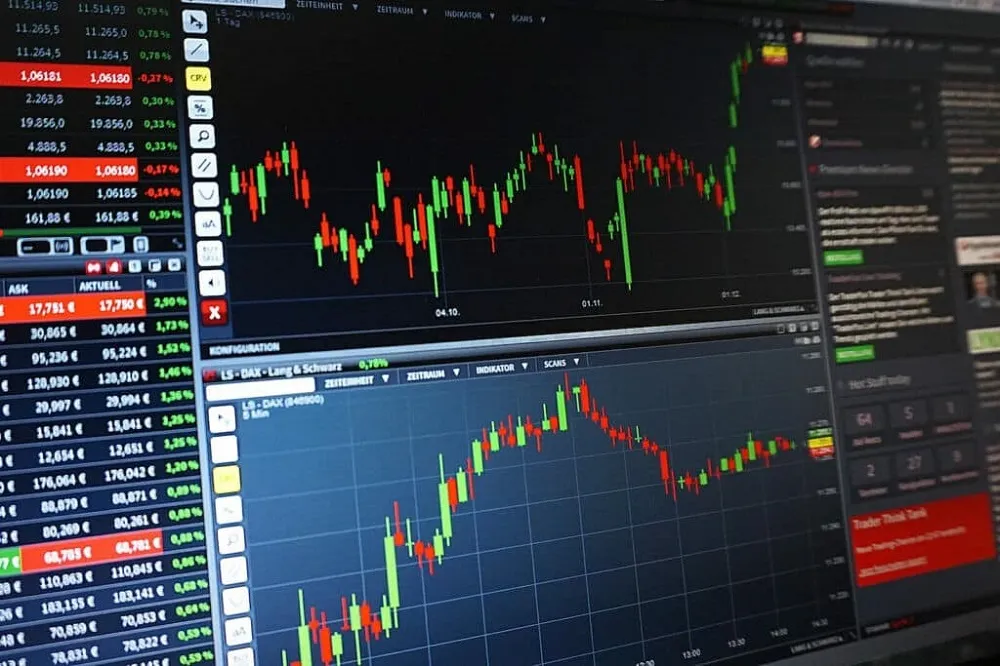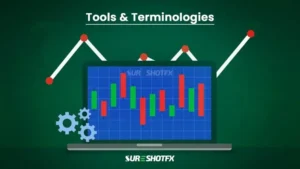How Blockchain Technology is Revolutionizing the Forex and Crypto Markets

Blockchain technology is rapidly transforming a wide array of industries, and its impact is especially profound in the realms of the foreign exchange (Forex) and cryptocurrency markets. With its decentralized, transparent, and secure nature, blockchain is helping reshape how currency trading works. This article explores the ways blockchain is revolutionizing these two financial sectors, enhancing security, efficiency, and trust among traders and investors alike.
What is Blockchain Technology?
At its core, blockchain technology is a decentralized, distributed ledger that records transactions across multiple computers in such a way that the registered transactions cannot be altered retroactively. This ensures the integrity and transparency of data, making it particularly useful for sectors where security and trust are paramount, such as the Forex and crypto markets.
In the Forex market, where trillions of dollars are traded daily, the introduction of blockchain is providing solutions to long-standing issues like inefficiency and lack of transparency. For the crypto market, which operates on digital currencies, blockchain is not just a technology, but the underlying framework that supports its very existence.
Blockchain’s Role in the Forex Market
Blockchain’s impact on the Forex market can be seen in various key areas. First and foremost, it offers enhanced security. Traditional Forex systems rely on centralized intermediaries such as banks, brokers, and clearinghouses to facilitate transactions. These intermediaries are prone to risks like cyberattacks, fraud, and errors. Blockchain eliminates the need for these middlemen, reducing the potential for fraud and improving the security of transactions.
Furthermore, blockchain facilitates faster and more efficient Forex trading. Traditional Forex transactions can take time due to multiple intermediaries and verification processes. By removing these steps and allowing for direct peer-to-peer transactions, blockchain can drastically reduce settlement times from days to mere seconds. This efficiency also lowers transaction costs, which is particularly beneficial for retail traders who often struggle with high fees imposed by traditional brokers.
Another key advantage of blockchain in the Forex market is the transparency it offers. Blockchain’s public ledger allows traders to verify transactions at any time, making the system more accountable and transparent. This level of visibility helps reduce the occurrence of fraudulent activities, such as market manipulation or insider trading, which are persistent issues in the traditional Forex markets.
Blockchain and Cryptocurrency: The Foundation of Digital Currencies
In the world of cryptocurrency, blockchain technology is not just a revolution — it’s the foundation. Cryptocurrencies like Bitcoin, Ethereum, and hundreds of other altcoins rely entirely on blockchain to function. Blockchain ensures the security and integrity of transactions by creating immutable records on a decentralized network. This removes the need for central authorities like banks to validate transactions.
One of the primary benefits of blockchain technology in the crypto market is its decentralization. Since cryptocurrencies operate on a peer-to-peer basis, transactions are verified by network participants (miners or validators) rather than a centralized institution. This decentralization fosters an environment of trust, as no single entity can manipulate or control the system. It also protects against the risks of government censorship, making digital currencies an appealing choice for those seeking greater financial autonomy.
Blockchain’s ability to provide a secure, transparent, and decentralized environment makes it an ideal fit for cryptocurrency trading. Traders can interact with cryptocurrencies directly on decentralized exchanges (DEXs), bypassing traditional centralized exchanges (CEXs). This reduces the risks of hacking and fraud, which have been notorious issues in centralized crypto exchanges.
Additionally, blockchain allows for the introduction of smart contracts, which are self-executing contracts with the terms of the agreement directly written into code. Smart contracts automate processes such as trade settlements and reduce the possibility of human error or dispute. In the cryptocurrency market, this has streamlined trading operations, increased efficiency, and provided a more secure way to interact with digital assets.
Real-Time Settlements and Tokenization
Another major change driven by blockchain technology in both the Forex and crypto markets is the rise of real-time settlements. In traditional Forex markets, a trade can take days to settle due to various steps such as confirmation, clearing, and settlement. With blockchain, transactions can be completed almost instantaneously, which enhances liquidity and allows for more dynamic trading strategies.
Tokenization is another breakthrough made possible by blockchain in both markets. In the Forex space, tokenization can allow for the fractionalization of assets, enabling traders to own smaller portions of currencies or commodities that were previously inaccessible. This lowers the barrier to entry for small traders, democratizing access to global markets.
For cryptocurrencies, tokenization enables the creation of unique digital assets or NFTs (non-fungible tokens) that represent ownership of real-world assets such as art, real estate, and commodities. This brings additional liquidity to the crypto market, opening up new avenues for investment.
Challenges and the Future of Blockchain in Forex and Crypto
Despite the many advantages, blockchain technology still faces challenges in both markets. In the Forex industry, regulations and the reluctance of traditional financial institutions to embrace new technologies can slow down adoption. Similarly, cryptocurrencies face issues such as scalability, high energy consumption, and regulatory uncertainty.
However, as blockchain technology continues to evolve and mature, it is likely to address many of these challenges. Governments and regulatory bodies are beginning to understand the value of blockchain, and more comprehensive regulations for both the Forex and crypto markets are being developed. This could bring about a new era of stability and growth in these markets.
Conclusion
Blockchain technology is undoubtedly revolutionizing both the Forex and cryptocurrency markets, offering greater security, efficiency, and transparency. As more traders and investors embrace blockchain-based platforms and services, these markets will continue to evolve and provide new opportunities for global financial participation. While challenges remain, the future of blockchain in Forex and crypto looks incredibly promising, signaling a new age of decentralized finance and digital currency trading.







